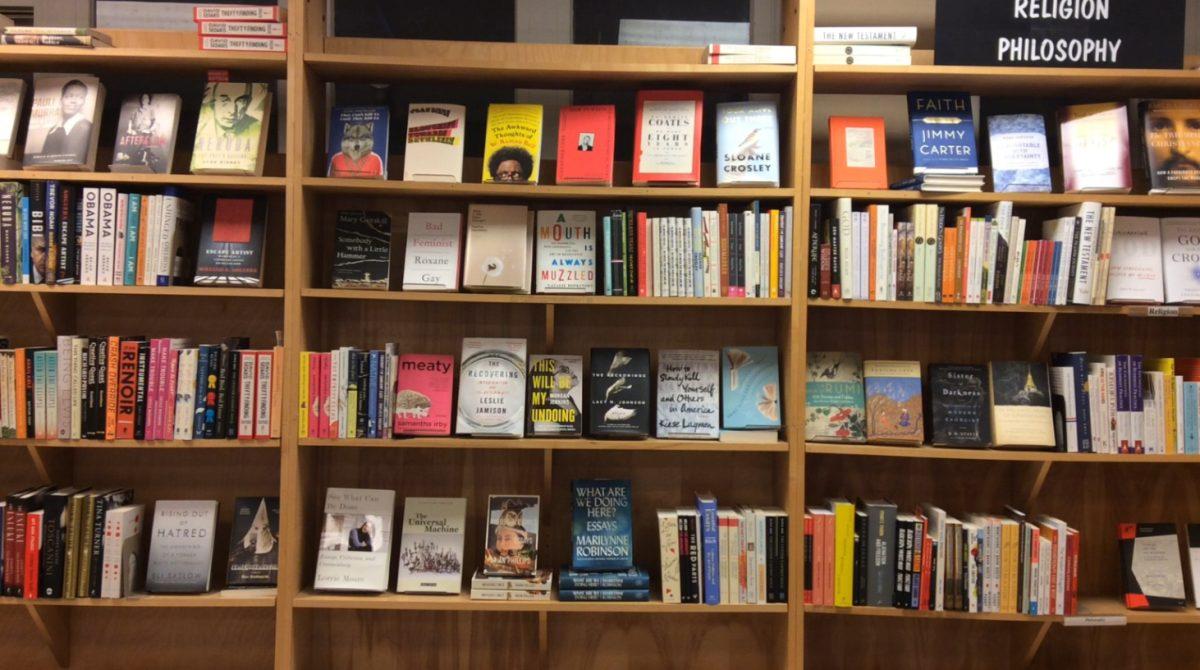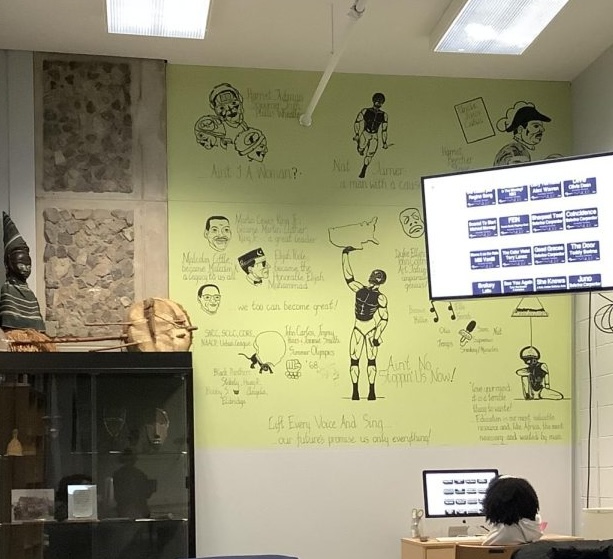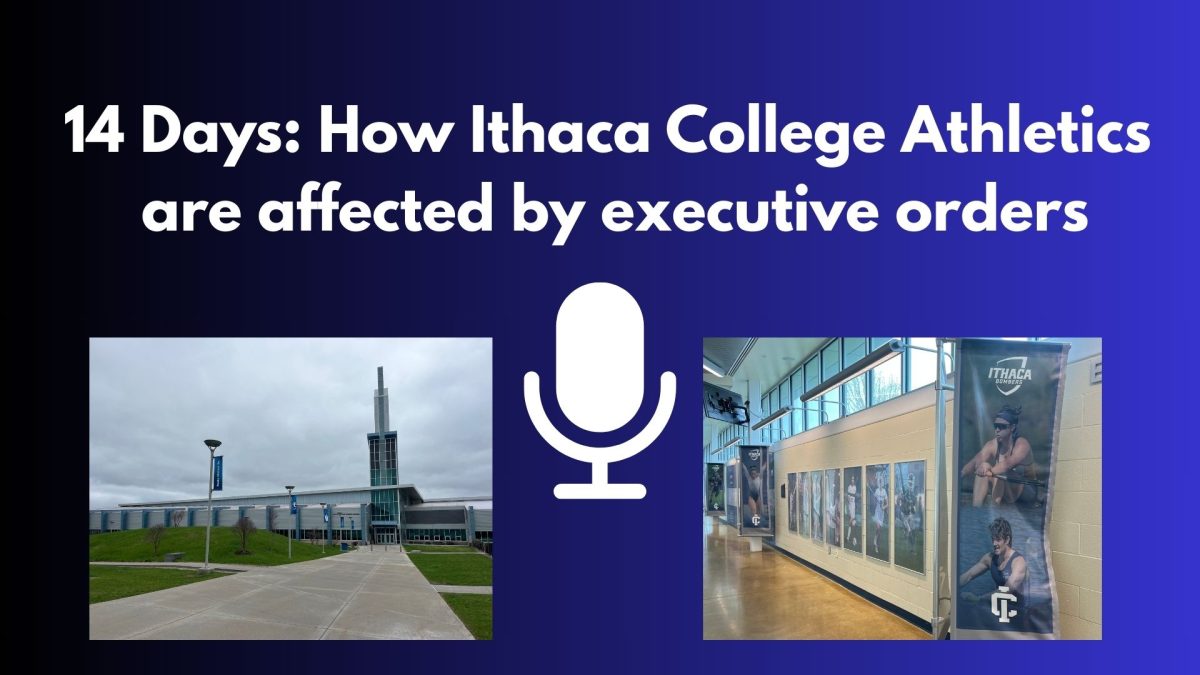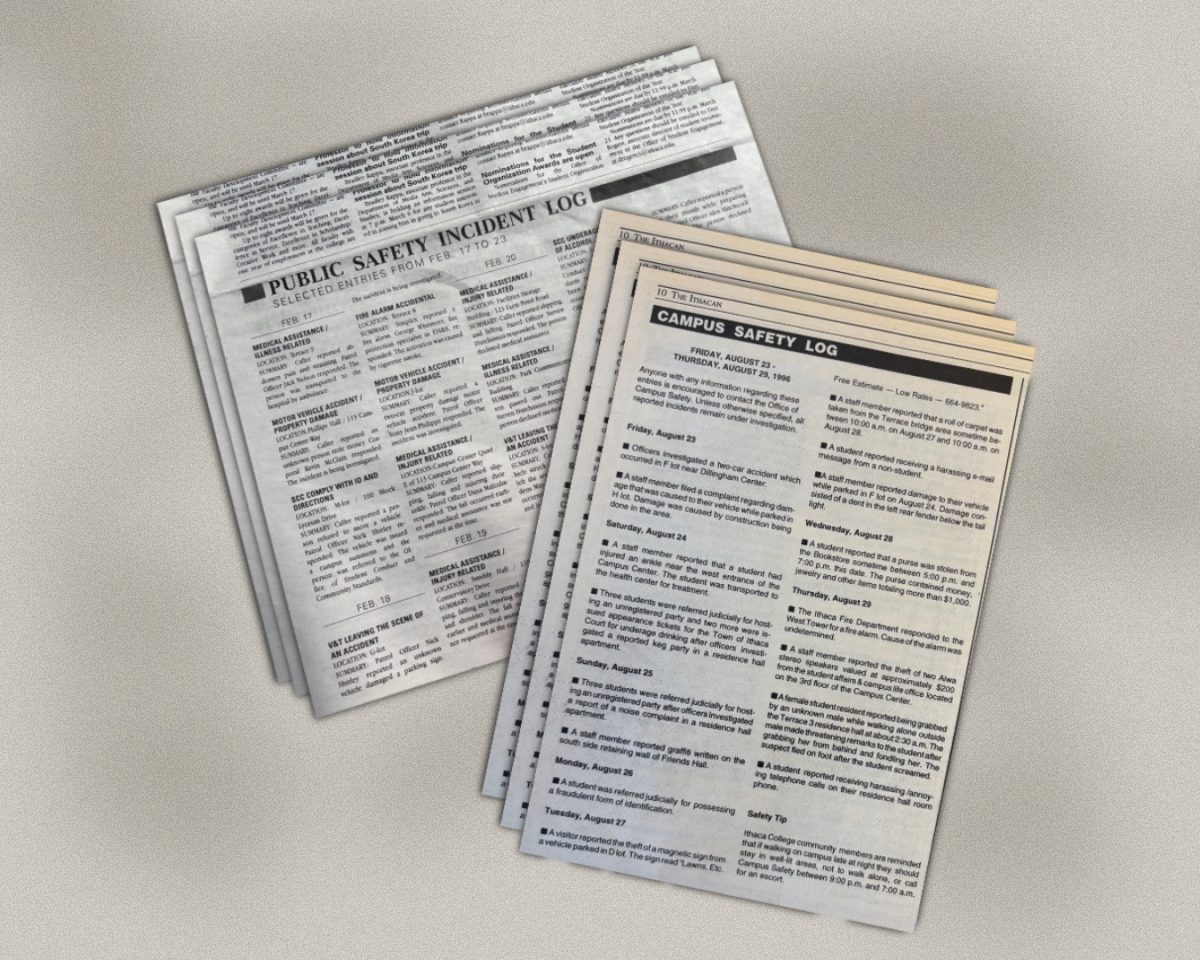Key Points
- Last year, the bookstore was in a financial crisis and faced potential closure
- Off The Hill put the store $8,000 further into debt
Buffalo Street Books has ended its “Off The Hill” program due to financial struggles. The program, which allowed local college students and professors to order course books, put the bookstore into more debt.
“It felt successful in some ways. We made connections with a lot more people, it was fun to see what all the professors were teaching and what people were reading,” said Lisa Swayze, general manager of the bookstore.
However, Swayze said that online sites like Amazon have overshadowed the program, and that there have not been enough orders through Off The Hill to keep it around. This fall, Buffalo Street Books, which is a cooperative owned by community shareholders, ordered about $55,000 in books exclusively for the program and didn’t sell a lot of them.

The store is able to get a refund on the books that are leftover, but Rob Vanderlan, president of the Executive Board of Buffalo Street Books, said it costs about $10,000 to return all of the unsold books. At the same time, Swayze stressed that bills continue to come in and the store is struggling to pay them on time with the amount of money being poured into the program.
Another problem with the program was the amount of time it took to run. Swayze said that she spent about 40 percent of her time on the program in the last two months, which took away from time that she could’ve spent on other initiatives.
In the end, it set the bookstore back by around $8,000. After almost having to close during its financial crisis a year ago, the program just didn’t seem worth it.
Swayze said she thought there would be a lot more backlash from the community following this decision, but most responses have been supportive—a sign that perhaps, after seven years, it was time to let the program go.
“I wasn’t surprised when I heard that they were going to suspend the program,” said Michael Smith, an associate professor at Ithaca College and a cooperative owner of Buffalo Street Books.
Smith said he knows many students prefer to order books from online sources rather than ordering in-person. However, it’s not just students who are drawn to the convenience of online ordering.
“There’s a non-trivial number of people who love books who’ll say, ‘I’m just going to go to this giant online warehouse and order a book.’ And everyone one of these is a death by a thousand cuts,” Smith noted.
Vanderlan said it was difficult to tell the bookstore owners that the program was going to end.
“It’s always a difficult decision to give up on something that has been a part of the store for a long time and matters a lot to some of our most committed owners,” added Vanderlan.
At first, the program seemed like it was a sure way to make a profit. However, it turned into more of an initiative to connect to students and professors.
Smith was one of the professors who used the program from the time it was launched.
“I started using the program long before I was an owner. Fundamentally, I believe in local economy and I try to promote that whenever possible. I also wanted students to recognize that this kind of place exists and that it’s worth preserving as part of our culture,” said Smith.

Though the store is still struggling with finances and focused on avoiding another possible closure, Vanderlan is hopeful for its future.
“There’s a lot to be optimistic about…sales are increasing and Ithaca downtown is growing. I really see a path to a much better financial future, but the immediate situation is pretty serious…so there’s no guarantee that we’ll make that path,” said Vanderlan.
Swayze said she’s confident that the bookstore can still survive despite increasing interest in online book services.
“Indie bookstores are opening around the country, not closing,” she added.













